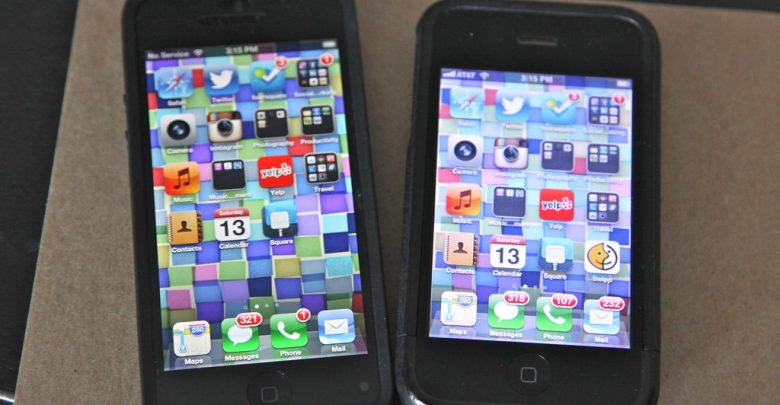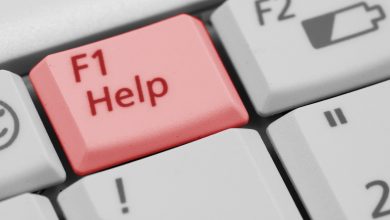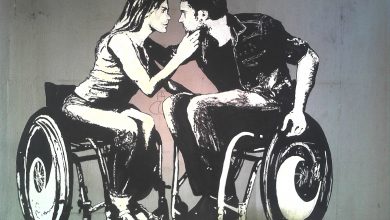Self-Care Sunday: Delete Your News Apps and Disable Notifications

Something bad is happening in the world every second of every day. And organizations that report the news can’t wait for you to read about it. So I’ve done something recently that has greatly improved my well-being: deleted my news apps and disabled most app notifications.
After my first child was born, I experienced Postpartum Anxiety (but I didn’t know it at the time because I was too busy worrying about Postpartum Depression, which I didn’t have). I was sleep-deprived, experiencing a dramatic hormonal shift, and stressed out. At night, I had to wake up multiple times to feed my child, and since I was up I would casually browse news apps on my phone. I’ve always been an avid consumer of media and I read the news every day—but reading the news while I was also going through PPA was a hellish experience.
Not only are headlines written to manipulate the readers (to earn those sweet sweet clicks), but also many news stories are about violent or sensational events. And even though these events are relatively rare, they are over-reported in the media.
A content analysis of 175 crime-related articles in Time magazine, taken from selected years (1953, 1958, 1975, 1979, & 1982), showed that although 73% of the stories concerned violent crime, only a minority of crimes reported to police (10%) actually involved violence (Barlow, Barlow, & Chiricos, 1995). (Source)
According to a study completed by a group of criminal justice professors at Portland State University, local news stations in Portland – where the study was focused – are more likely to devote coverage to “individual criminal events, particularly crimes that involve atypical victims and offenders or severe acts of violence.” The occasional ‘big’ crime within the city receives extensive airtime. (Source)
Reading the news is bad enough when you’re having trouble with anxiety, but when you also combine that with phone notifications, it is a recipe for disaster. I like reading the news and keeping up on current events, but not at the cost of also getting notified about every murder that has happened today.
Newspaper coverage of crime is not reflective of actual crime rates. Biases of gender, age, race, socioeconomic status, and relationship status are documented in several publications. Evidence suggests that such biases influence public perception of perpetrators and victims. Repeated exposure to unbalanced information appears to lead consumers to perceive higher risk and feel greater fear of falling victim to violent criminal activity. (Source)
After my second child was born, I immediately deleted my news apps and disabled notifications for other apps. And it has definitely made a difference in my anxiety.
Another thing I’ve done is to reduce the amount of times my phone “needs” me by taking the time to disable many app notifications. I still leave notifications on for important things like email, but I’ve also been going through and either unsubscribing or filtering messages I don’t really need see every day (e.g. coupons) that clutter my inbox.
I also leave my phone in the other room on a regular basis, so the notifications I get do not disturb whatever else I’m doing. I like to get absorbed in a good book or play with my children, and just about the time I start to relax, my phone vibrates. (Although, it takes a little getting used to not having a phone around if you’re used to it.)
Reducing phone notifications (especially from news apps) helped my anxiety, but it may or may not help you, and the only reason I say that is because there is some research suggesting that if you don’t have notifications, you may spend more time thinking about what’s happening on your phone. (And there are a lot of think-pieces online from both sides of this issue).
Should we turn off our notifications, put our devices in a drawer, and shut off our social apps on our computers? Take the clapper out of the bell? According to Rosen, even this won’t help. Once we are used to constant connection, even not checking your phone can get the cortisol pumping. The second you put down your phone from checking your notifications “the clock starts ticking. What’s ticking is the biochemistry of your brain… at some point it becomes uncomfortable and your brain says ‘I gotta check in’.” Sending receiving and even ignoring messages all cause anxiety which, in addition to feeling bad, spoils our concentration and disrupts our sleep. (Source)
I don’t think you need to completely disconnect from your phone, just reduce the amount of times your phone tries to get your attention. I wouldn’t want to disconnect myself entirely from my phone because that also includes my friends and family not being able to get in touch with me. I’m not suggesting for anyone to get rid of their phone, just pay attention to how your phone is trying to get your attention and ask yourself if it’s necessary every time.
Once I got into a routine of not checking notifications (which also involves a bit of disconnecting myself from social media), it was easier for me to also to leave the phone somewhere else. And when I got the urge to scroll idly through my forever scrolling screen, I found something else to do with my hands (like use a fidget toy or start a knitting project). The good thing is, I’m usually so tired or busy with my kids that I don’t have a lot of time to think about what’s happening with my phone!
On today’s Self Care Sunday, take a minute and delete your news apps, unsubscribe to those nonessential emails (or filter them into a folder so you can look on your own time), and turn off some notifications.
Featured Image:
“Out with the old, in with the new” by kristiewells is licensed under CC BY-NC-SA 2.0





Everyone’s mileage may vary, of course, but I found the big issue was the notifications. It’s amazing how much difference it makes when _I_ decide when it’s time to catch up on the news, instead of a torrent pouring down on me constantly. Couple that with tailoring which news I get in the first place (I get a lot of my news from the Guardian, who are kind enough to support antiquated RSS feeds on specific topics) and I feel a lot more empowered about my consumption of news. You mightn’t think that would make much difference, but it seems to for me…